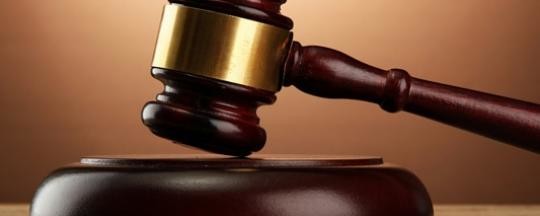Focus on the Agreement is a series of reports broadcast on Radio Tamazuj to explain the contents of the peace deal signed in August 2015 between South Sudan's warring parties.
In our latest episode we discussed new details about the Juba security arrangements as negotiated in Addis Ababa to clarify security provisions of the August peace deal. Today we begin to look at the issue of transitional justice.
Article 1 of Chapter 5 of the peace agreement says that the transitional government will establish three new institutions to help bring justice toSouth Sudan. These institutions are the Commission for Truth, Reconciliation and Healing, the independent hybrid court for South Sudan, and the Compensation and Reparation Authority.
South Sudan's parliament will pass legislation to govern the work of these three instutitions. The government will be required to support the work of the truth commission and it must cooperate with the hybrid court.
The peace agreement says that the Commission for Truth, Reconciliation and Justice will lead efforts to address South Sudan's history of conflict and to promote healing, peace and national reconciliation.
According to the peace deal, the commission will have the authority to inquire into all aspects of human rights abuses, breaches of law and abuses of power committed by anybody including government officials or citizens.
The truth commission will be mandated to investigate the causes of the current civil war and the consequences and it may recommend ways of compensating victims. Victims will be permitted to approach the commission to tell what happened to them and to identify perpetrators of war crimes.
The commission will further investigate allegations of war crimes and identify them possibly for referral to the hybrid court of justice.
Additionally, the commission will lead efforts to facilitate national reconciliation and healing.
The commission will consist of seven members including four South Sudanese and three people from other African countries. At least three of the seven members must be women.
The president and his two vice presidents will consult with each other to decide on the four commissioners who are South Sudanese. The chairperson of the African Union will consult with the secretary-general of the United Nations and the South Sudanese government to select the three commissioners from African countries. These decisions will all be endorsed by parliament.
The peace agreement says that the seven members of the truth commission and their staff must be people who have high moral character, impartiality and integrity. The commission will be independent and it will not accept instructions or orders from any third party. The commission will have the authority to listen to victims and witnesses secretly so that the identity of these witnesses is protected.
In our next episodes we will explain the role of the independent hybrid court for South Sudan and the Compensation and Reparation Authority.




